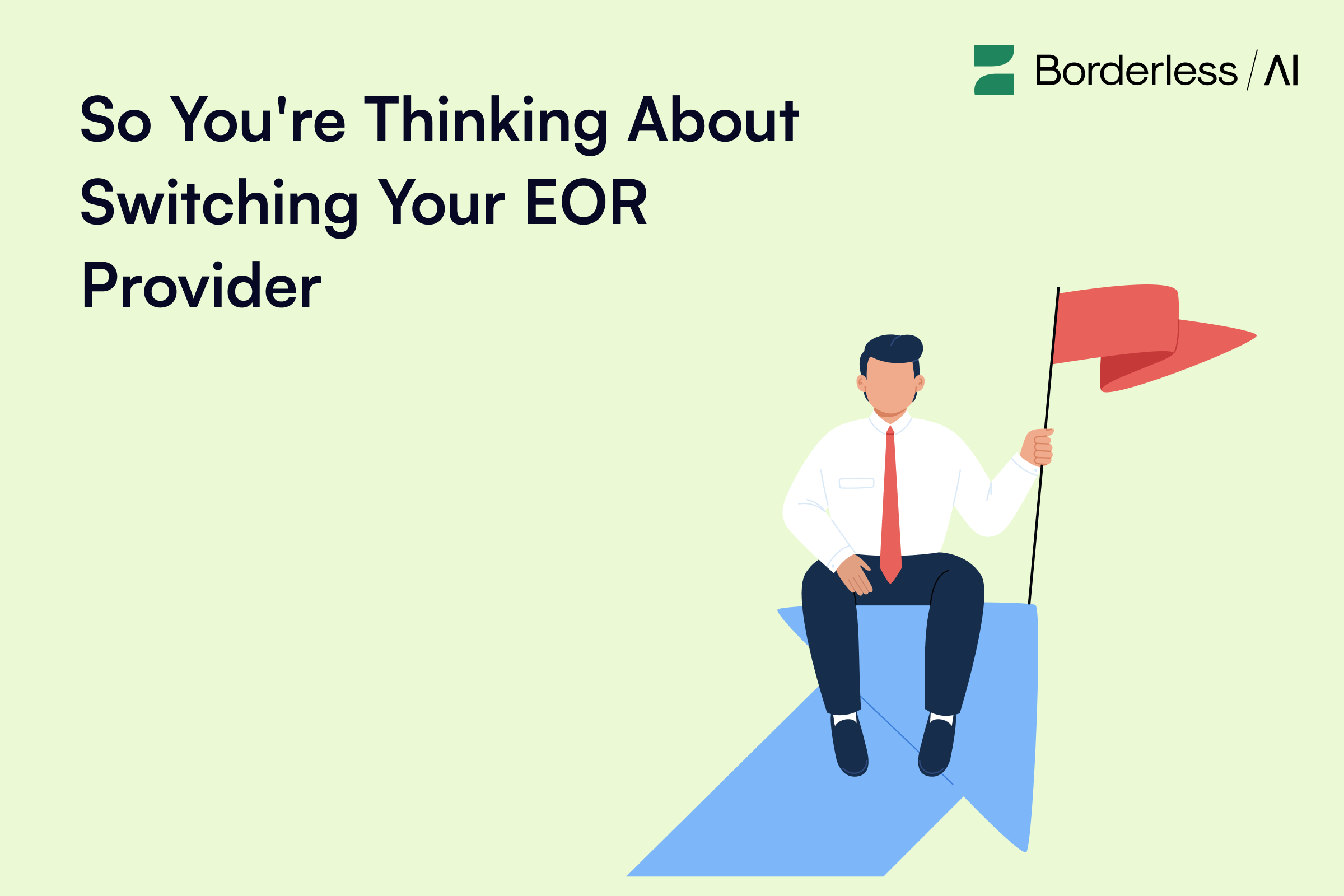With more and more people considering themselves digital nomads, countries are coming out with visas to attract them. Germany’s Freelance Resident Permit visa is one of the latest to do so — and for good reason.
Germany’s central location, high quality of living, and rich culture are luring many digital nomads and freelancers from across the world. Hotspots like Berlin, Munich, and Frankfurt are full of infrastructure to support digital nomads, like coworking offices and short-term rentals.
To learn more about Germany’s digital nomad visa, the process, and what employers need to consider, read on.
At a Glance
- Language: German.
- Currency: Euro.
- Visa length: One year.
- Possibility to extend: Yes, up to three years.
- Eligibility: Independent contractors in certain liberal professions with enough income to support themselves.
- Cost: €60 for the entry visa, and up to €260 for the residence permit.
About the Visa
While Germany doesn’t have a specific digital nomad visa, their freelance visa is the closest alternative. To be eligible for this visa, people must have proper freelance status and must work in select professions that will have both a cultural and economic impact on the country. Common professions that are approved for this visa include self-employed writers, architects, engineers, or those working in healthcare or law.
Application and Process
Those who wish to apply for the visa need to have the following documentation:
- Valid passport.
- Two passport-sized photos that adhere to German size requirements.
- Proof of income.
- Letter of intent from clients, with a minimum of at least two showing their intention of hiring.
- Cover letter and resume.
- Proof of health insurance to cover any possible medical bills.
- Proof of accommodation, such as a rental lease, and address registration.
- Proof of a business plan.
- Professional authorization to show expertise in a profession. This is for professions that require prior expertise and experience in a field, like medicine or law.
There are two main categories under this visa: the entry visa, which is needed to enter Germany, and the residence permit. However, not all require an entry visa. Residents of Canada, the United States, Australia, New Zealand, Japan, Israel, or South Korea already have visa-free entry privileges.
When residents of these countries arrive in Germany, they can simply apply for the Freelancer Residence Permit as soon as they collect the necessary documents. Upon entering, though, residents of these countries must inform German authorities of their intention to work as a freelancer and apply for the visa.
For those that require an entry visa, an appointment needs to be scheduled at the German Embassy in their home countries. The required documentation and application must be submitted on the day of the appointment. Once the visa fee is paid and the documents are submitted, the visa may take up to three months to process.
After approval, the entry visa will remain valid for three months, and freelancers must enter Germany and register themselves as a freelancer. This process includes the following:
- Registering a permanent living address.
- Opening a German bank account.
- Registering at the tax registration office, where freelancers will receive a unique number that will be used to charge clients and allow taxes to be collected.
- Registering for proper health insurance.
- Applying for a freelance residence permit.
Taxes for the German Freelance Residence Visa
For those on Germany’s freelance residence permit, they are required to register their business activity with the tax authorities. They are responsible for filing their own taxes each year. There are two taxes independent contractors have to pay in Germany:
- Income tax: Income tax is paid by any independent contractor in Germany who earns more than €9,169. This tax ranges from 14% to 42%, depending on the case and income generation.
- Value Added Tax (VAT): VAT is paid by all independent contractors in Germany. Sometimes it’s as low as 7%, but the average rate is 19%.
Employer Considerations
Those who qualify for Germany’s freelance resident visa and permit are talented and skilled in their field, so it makes sense that organizations from abroad would want to hire them. However, employers need to consider German labor laws surrounding independent contractors. Germany defines an independent contractor as the following:
- They do not receive instructions on how or when they work.
- They are not provided with company equipment.
- They are not provided with a regular workspace.
- They do not receive fixed payments each month.
Essentially, independent contractors are not subordinate to the hiring organization, and are only compensated when they submit an invoice. Independent contractors in Germany are free to control the nature of their work and are liable for their own businesses' expenses and activities.
Embrace Flexibility and Maintain Compliance with Borderless
While hiring abroad may seem complex and overwhelming, it doesn’t have to be. The Borderless platform helps organizations effortlessly and compliantly hire independent contractors abroad, including those on the German freelance resident permit.
Our team will work with your organization to manage your tax burden, establish compliant contracts, and pay your independent contractors in their local currency. Book a demo today.
Disclaimer
Borderless does not provide legal services or legal advice to anyone. This includes customers, contractors, employees, partners, and the general public. We are not lawyers or paralegals. Please read our full disclaimer here.

.jpeg)

.png)
